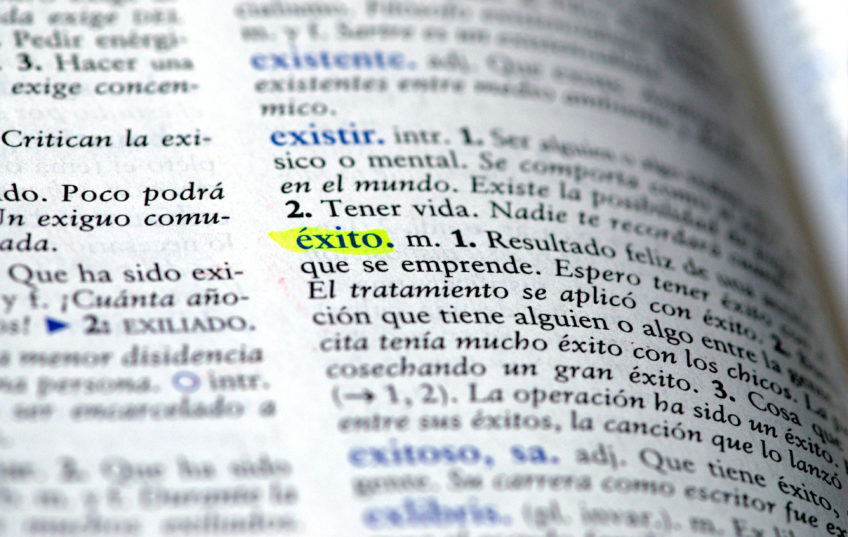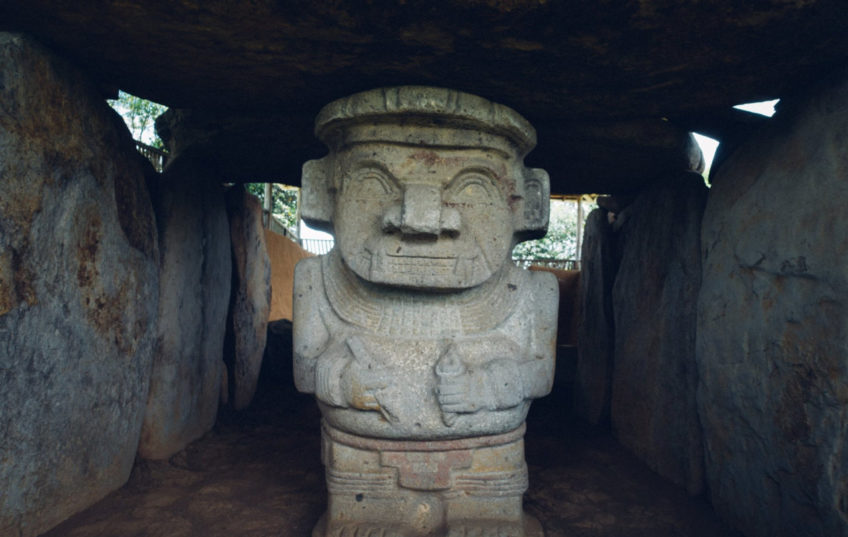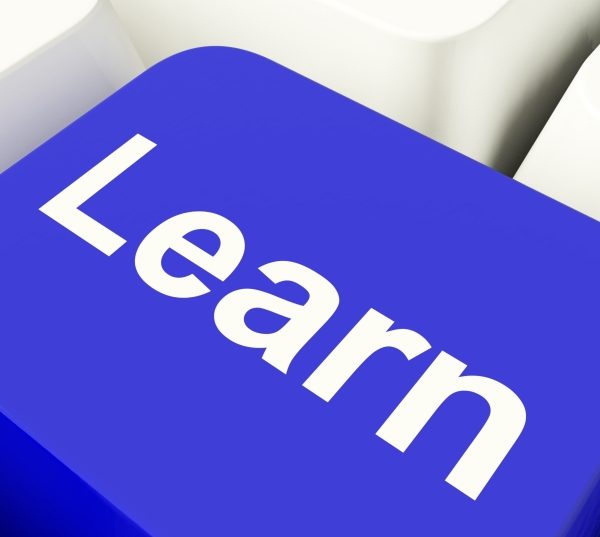Learning a new language with the Museum of Knowledge is fun, but a lot of hard work! Despite this, you will always hear stories from those who are eager to learn a language as quickly as possible. But let’s be realistic; on average, learning French could take about 900 hours and you could be pretty fluent by that time.
However a student’s ability to learn a language at a rapid pace also depends on many personal factors such as motivation and the time the student dedicates to it.
No matter how many years of dedicated language learning, once the language learner starts learning a language, he or she will never stop learning. Learning the correct techniques and studying a language through a reputable learning provider can always make language learning more fun and yield better results than trying to learn a language independently.
Nowadays, language learners will discover multiple language learning tools for those on the go and those learning from the comfort of their home.
To improve the efficiency and speed of language learning, learners should identify a predefined time frame to learn one module at a time. The Museum of Knowledge Learn a Language for Business programme has been developed with structured industry-specific modules, with each course lasting three months. Industry sectors include Technology and Telecommunications, Business Management, Hospitality, Travel and Leisure and Fashion. Modules include set exercises designed to test the progress of the learner. This is a faster and more efficient method of learning a language as by doing these exercises the student will be able to see their progress over a set timeframe, with the option of additional tuition from the Museum of Knowledge course tutors. These industry specific modules from the Latest Sale Learn a Language for Business Programme are typically available in nine business languages; English, French, Spanish, German, Italian, Mandarin Chinese, Portuguese and Dutch.




